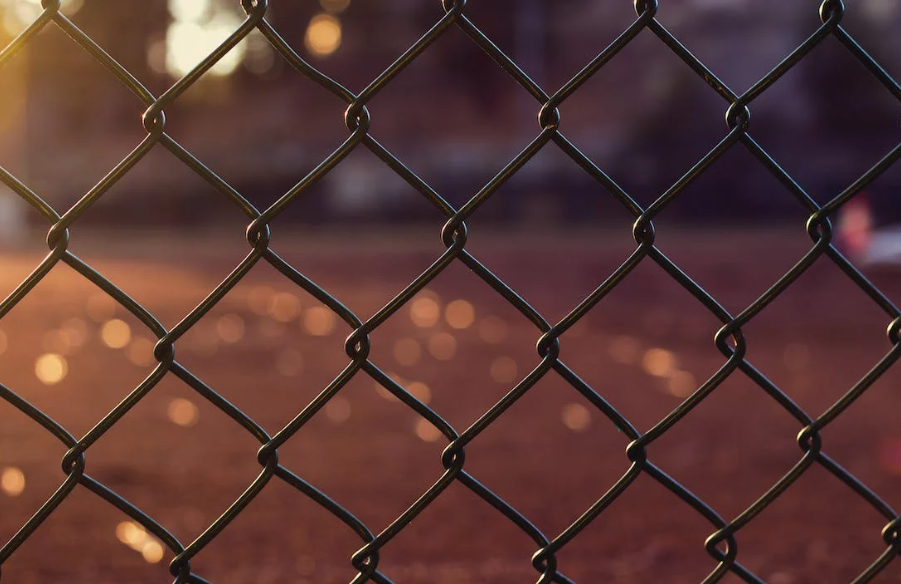
Chain link fencing is an excellent perimeter defense for many products, manufacturing sites, and agricultural areas. Consumers should be aware of the potential risks of chain link fencing before buying or installing it. Those risks include corrosion, animal intrusion, tampering, and vandalism. There are some considerations when looking for quality chain link fencing that can help you avoid those potential problems. Here are 5 tips.
1. Know Your Needs.
If chain link fencing is to be used for a permanent structure, such as a building or fence around an animal pen, it should have a high-quality construction and be guaranteed against corrosion. If chain link fencing is going to be used for temporary use, such as around construction sites or on a farm stand, you can use lower quality fence wire but the fencing should still have a high-quality construction.
2. Understand the Risks of Chain Link Fences to Animals.
Some people have the wrong idea about how difficult it is for animals to get through chain link fencing. The United States Department of Agriculture (USDA) states that most veterinary hospitals report that only about 5 percent of all animals enter a fenced area. That same USDA article states that only 3 percent of all animals exposed to poultry or livestock enter a fenced area.
3. Know Your Materials.
There are some blocks that can be used in low-quality chain link fencing. These include PVC, which is more likely to be damaged through inclement weather. These can also be damaged by chemicals and acid rain, which are common in agricultural areas. For instance, PVC-coated wire is more likely to corrode if exposed to acid rain or sunlight.
4. Know Your Product Options.
Many fences need to be linked together. That is one way that thieves can get through quality security fencing. Putting those physical obstructions in the way of a thief’s escape route can help the fence prevent a crook from escaping . You should only link together fencing that is made from the same material and quality of fencing, as this will create a strong barrier against animal trespassers and other criminals.
5. Know Your Installation Methods.
Quality chain link fencing is typically installed with a cable or wire stapler, best suited for creating a strong fence. You can also use a hammer and nail to secure the material around the posts of the fence before installing it. To protect the chain link fence, you can also place deer netting or other materials along with the chain link fence, which will protect it from animals as well as thieves.
Conclusion
When you are looking for a quality chain link fence, there are several things that you should look for. These include the materials and construction of the fence, as well as its installation methods. Stay safe by knowing how to find and install quality chain link fencing to keep criminals from stealing or damaging your farm or business.
